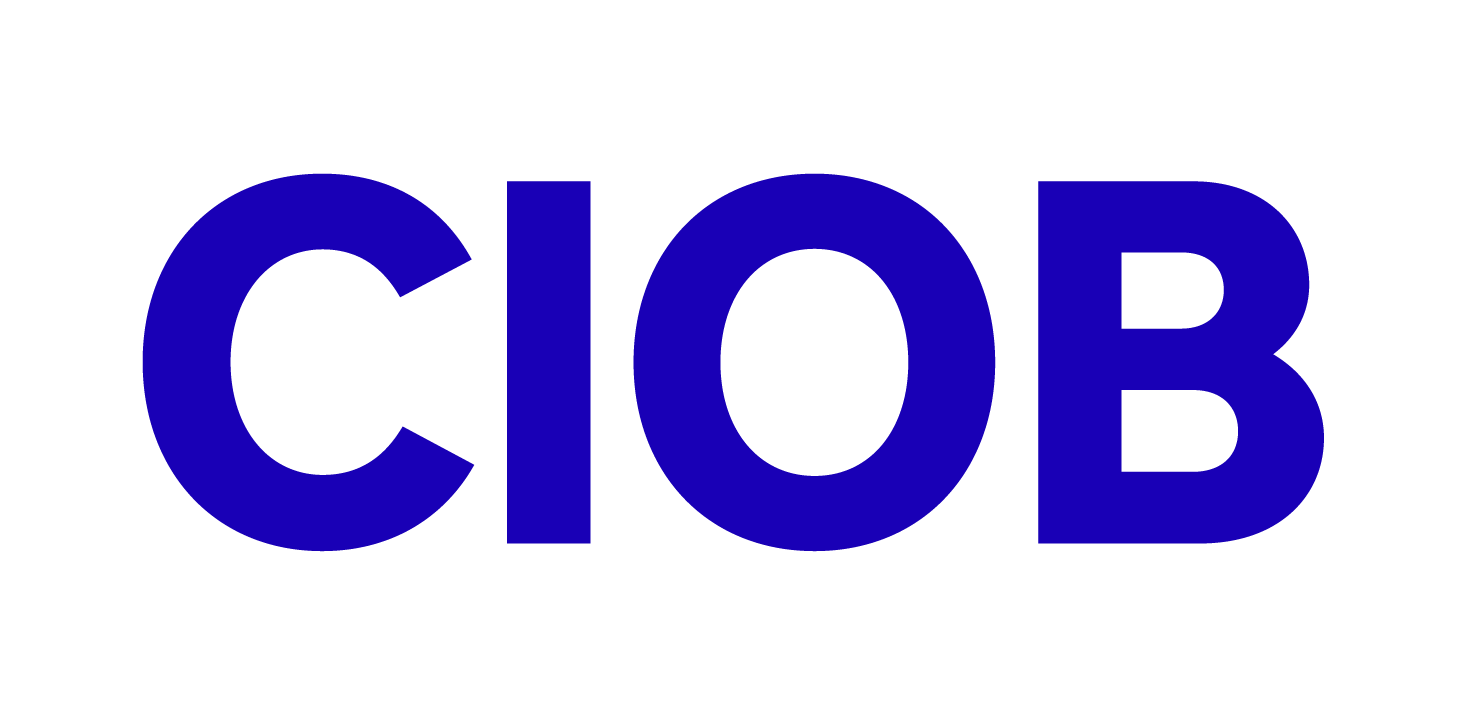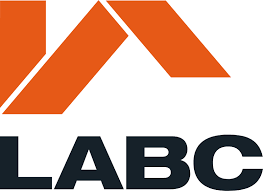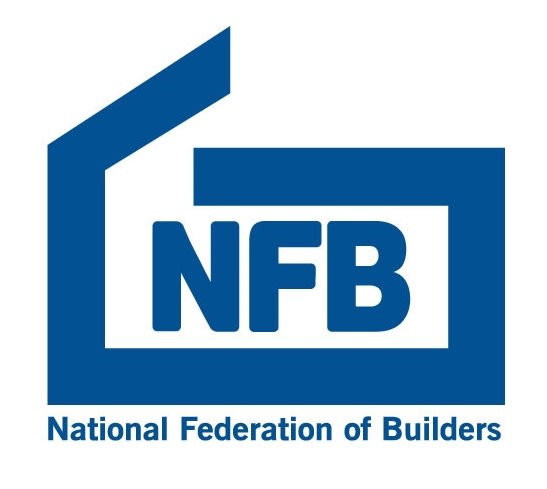Our vision is to become an organisation driving the force for industry change, through the development and connection of the upcoming industry leaders.
The G4C Committee is made up of 7 young professionals who each have their own individual experiences working within the construction industry, and have come together to give a voice to the future generation in the built environment.
We are looking for aspiring and dedicated individuals to join our team. So if you’re considering striving to make a change, expanding your professional network, and gain a range of industry skills along the way, why not join our team?
All our roles are volunteer based, meeting both online and in-person (taking into consideration that your job comes first and that your line management/company supports your involvement in G4C!)
Positions available:
Marketing Assistant
Events Co-Ordinator
If you’re interested in any of the above positions, please email us at g4c@cemidlands.org
Continuing with the theme of innovation, this month Martyn Jones explores how we might lead the purposeful innovations needed to address the challenges being set by our focus and theme groups: climate crisis, building safety, adopting smarter construction, and developing future skills.
Although leadership is needed right across construction’s value chains, construction clients and their immediate advisors and consultants have a key leadership role in responding to change and unlocking the necessary innovation in their value chains.
We all know that the leadership clients and their advisors exercise is vital to the direction and success of all construction projects given that they set the purpose, values, missions, culture, operating system and governance, thus setting the environment in which everyone in the project plays their part.
Serial clients with their accumulated experience and greater enlightenment, coupled with their greater influence over construction teams and supply chains, are well placed to lead, engage with, motivate, and enable their construction partners to perform to their best, and to help drive the innovation we need.
Research undertaken by the Centre for Creative Leadership (CCL) suggests that the most successful and innovative leaders explain the purpose and outcomes of the innovation they seek and how it connects to their values and desired outcomes. But also, importantly the benefits to their partners for their commitment and appetite for the change they seek.
It means understanding and explaining the need for change, its purpose, making a compelling business case, having a clear purpose and clearly defined desired outcomes, and shaping a common goal around which everyone can coalesce.
Purpose doesn’t thrive without intentional effort. To create a sustainable culture of innovation-driven leadership, leaders need to embody, promote, and sustain a sense of purpose in all their interventions and decision-making.
And change leaders need to collaborate across boundaries, encourage employees and partners to break out of their silos and – as we argued last month – be open to ideas from within and outside construction.
Leaders who effectively practice such boundary spanning can benefit from cross-organizational innovation and cross-functional and interdisciplinary learning to solve problems and develop creative solutions.
Purpose-driven leaders adopt value-based decision-making, take time to learn what truly matters to their project partners, connect work to a greater objective, and help them understand the change project’s mission and ways in which they can personally connect to it
And picking up on a longstanding Constructing Excellence principle, trusting cross-boundary partnerships can help in adapting to change, sharing and managing the risks and rewards, and engaging and empowering the workforce in key players in project teams and supply chains
The research by the CCL reaffirms that change and innovation is difficult and to negotiate it successfully leaders show resilience and persistence, with a willingness to step outside their comfort
zones. They also devote sufficient of their own time to the change effort and remain focused on the big picture. On the other hand, unsuccessful change leaders fail to adapt to challenges, express negativity, and convey premature impatience with a lack of progress and results.
Strategic change doesn’t happen on its own. Effective change leaders need to guide the process from start to finish. They develop a strategy and a clear action plan, including priorities, timelines, tasks, structures, behaviours, and the necessary resources – identifying what will change, but also what will stay the same.
And here’s another thing, translating strategy into execution is one of the most important things leaders can do. Successful change leaders focus on getting key people into key positions (or removing them, in some cases), once again reinforcing the importance of team selection.
They also break big – often daunting change projects – down into small wins to get early victories and build momentum. And they develop metrics and monitoring systems to measure progress. On the other hand, unsuccessful change leaders micromanage, get mired in implementation details, fail to keep focused on the bigger picture, and give up all too quickly.
The CCL reminds us that change evolves over time and that stability and change must coexist — which is not a problem to solve, but rather a polarity to manage and that change leaders must acknowledge and address both simultaneously.
-
The IOR session What Installers Need to Know about RACHP on Tuesday 25th June
-
An international skills challenge featuring Luke Haile, recently picked to represent Team GB at WorldSkills in Lyon in September, brazing off against some of China’s finest refrigeration technicians.
-
Heat pump guru Graham Hendra will give a lecture called Heat Pumps: What’s the Fuss About on Tuesday 25th June
-
Government construction Director David Hancock will lead a discussion on the opportunities in HVAC from the New Prisons Programme, also on 25th June
James Watts has become the new office leader at Arup’s second largest UK base, in the city of Birmingham.
The firm’s recent move to a new city centre location at One Centenary Way at Paradise marks a sizeable investment from the firm in both Birmingham and the Midlands – bringing together a collective of more than 800 designers, consultants and experts offering more than 90 specialist services UK-wide.
James began his career as a Structural Engineer and has been with Arup for more than 20 years. In addition to being Arup’s Birmingham Office Leader, James is also a Director in the Midlands Property team and has roles as Growth Director and Regeneration Lead for the wider Midlands.
James has a wealth of experience leading mixed-use and major regeneration schemes for Arup. This includes all phases of Paradise, including One Centenary Way in which Arup’s new global office is based. He also led Arup’s input for the redevelopment of the Alexander Stadium ahead of Birmingham 2022 Commonwealth Games where Arup provided all planning and design services.
The vision and drive for the new office as a centre of excellence nationally and internationally, along with James’ appointment, underpins Arup’s ‘golden thread’- to enhance client relationships, promote innovation, improve connectivity, and create new commercial opportunities.
James Watts, Arup Birmingham Office Leader, said: “We are all very proud of the success of our recent office move and the fact our new One Centenary Way home showcases our commitment to delivering sustainable solutions and contributes to our net zero carbon aspirations.
“The new office ensures our knowledge and global expertise is easily accessible to local clients and collaborators and our city centre location greatly enhances our connectivity with national and international clients and will undoubtedly help us to attract and retain the very best talent. The office also provides us with a fantastic opportunity to deliver a step-change in how we engage with the local community and deliver meaningful social value, which I find particularly exciting.
“We estimate that our recent move has reduced carbon emissions from staff commutes by 60%. Our office fit-out showcases sustainable features such as lamb’s wool partition insulation, biophilia a recycled material pallet.”
Cem Budak, Arup Midlands Leader, said: “James is one of the best local leaders in the Arup global network and has played an essential role in the delivery of the new Birmingham office, as well as managing the success of the wider Midlands property team. With more than 20 years of experience at Arup, his commitment to sustainability and network of contacts throughout the local business community will allow him to raise our profile, make best use of our new city centre office and drive growth.”
Dedicated to sustainable development, Arup is a collective of designers, consultants and experts applying local knowledge and global expertise to help shape the built environment in Birmingham and the Midlands for over fifty years.
One of the biggest challenges facing our sector is a vision of how construction will work in the future with the trends that we see today. How will the rise of Artificial Intelligence affect my business? What impact will net-zero have on the way that I work? How should I respond today to the skills crisis and the tightening regulatory environment? These are significant challenges for our sector because we are an evidence-based industry, reliant on proven practice to be accepted through long supply chains and demanding clients and insurers. This makes change difficult and potentially costly.
Unfortunately, the rate of change in these key areas is moving faster than our traditional evolutionary cycle can accommodate. Businesses need foresight to plan and prepare for these changes – challenging when there are so many moving parts! Companies who are successful however, can reap the rewards of a first mover, taking market share at better prices, so there is plenty of incentive to try!
It is said that business tends to over-estimate the change that an innovation can deliver in two years, but significantly under-estimate the changes over ten-years. Boards should therefore be looking at the ten-year horizon keenly to see if they can predict the pressures and environment that their businesses will be operating under. Where cultural change or change in staff expertise is needed then these can take many years to successfully affect. There are undoubtedly pressures that all businesses feel in the short term, but the ten-year plan is a proven tool for success.
One pressure on our businesses that we cannot avoid is the net-zero agenda. Predictions are easier here, as there is a defined end-date when we know what we have to achieve. Working back from this should allow us to imagine how our businesses will have to adapt, to survive and prosper, in this changing environment. Using our evidence-based skills, the following might be true:
- Continuing extreme weather will continue to increase the pressure within society to do something. Demands to limit future increases and increase society’s resilience to climate change will continue to gain political traction.
- “You cannot manage what you do not measure.” All companies will be expected to report on their full carbon consumption. This will include embodied carbon passed through supply chains.
- “If you really want to effect change, hit people in their pockets.” A unified carbon tax will both bring in funds to pay for carbon capture and change behaviours quickly, in the direction demanded by society.
We can already see the signs of Governments preparing for carbon accounting, where a business accounts for its carbon in the same way that it accounts for its money on an annual basis. We can see the EU preparing for embodied carbon taxes at its borders; we can see the Streamlined Energy and Carbon Reporting (SECR) being strengthened and its requirements starting to be passed down their large corporates’ supply chains. New tools are being published to allow effective reporting, such as the RICS’s WLCA for the Built Environment.
Carbon accounting would place carbon on the same level as cost for project definition, viability and deliverability. It may encourage localism in material supply and labour employment, it would certainly encourage clients to be demanding in their expectation of designed whole life carbon.
Constructing Excellence Midlands, in conjunction with Sustainability West Midlands and the National Federation of Builders are hosting a conference on 15th July in Birmingham where a vision for our industry will be discussed. Come and challenge the visionaries from across the sector to see if and how you might plan to adapt your businesses and your personal skills to suit the environment that we will face at the end of the UN’s “Decade of Action”.
Find out more about the conference here: Currency of Carbon Conference – Constructing Excellence Midlands
Elections are underway, marking a pivotal moment as 2024 has been dubbed the biggest election year in history, with more than 2 billion voters heading to the polls in 50 countries, including the UK. Already, the local elections in the Midlands have ushered in change, with a new mayor for the West Midlands and the inaugural mayor for the newly formed East Midlands Combined Authority. As the global, national, and regional landscapes shift, the impact on the construction industry is profound.
It’s a call to action for us all. We must be proactive, influential, and supportive of local and national policymakers to ensure our industry remains at the forefront of progress. This entails exploring innovative approaches to financing major projects like HS2 Birmingham to Manchester, embracing carbon-conscious practices, and fostering collaboration and innovation.
Indeed, this year poses its share of challenges, but at CE Midlands, we’re committed to fostering collaboration as a catalyst for change. Amidst challenges and inefficiencies, there are countless examples of excellence. Our awards serve as a platform to celebrate these achievements and amplify best practices. Recent events, including the outstanding entries for the CE West Midlands Awards and G4C Awards, underscore the talent and dedication within our industry. Looking ahead, major events like the CE East Midlands Awards, the Carbon Currency Conference, and Infrastructure Forums are on the horizon.
Persistent challenges, like skill shortages in crucial sectors such as energy and water, present opportunities for agile adaptation and the development of transferable skills. By embracing these opportunities, we can turn adversity into growth.
As we navigate the complexities of the upcoming year, let us remember that our strength lies in unity. I urge everyone to engage in our activities and explore avenues for collective action. Together, we can shape a better and more sustainable future for the construction industry in the Midlands.
















